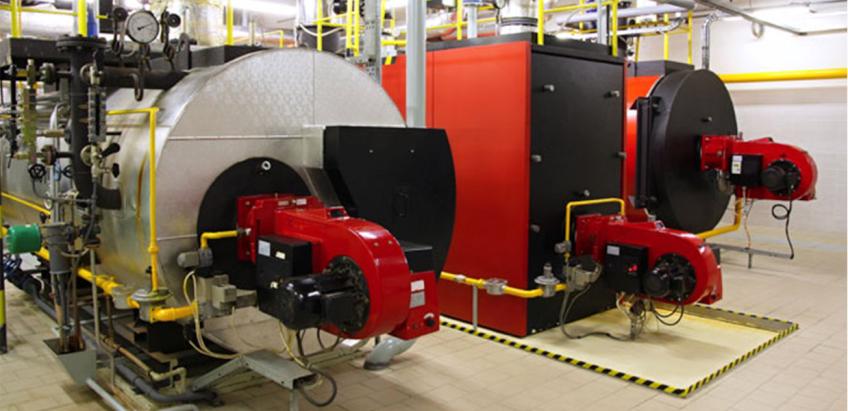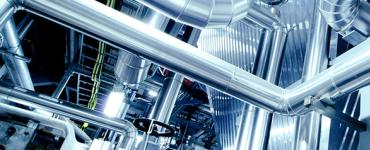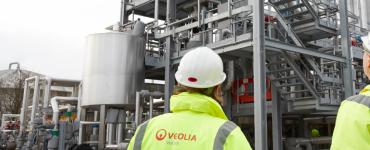- Home
- Latest News
- Why Treat Boiler Feed Water?

Why Treat Boiler Feed Water?
Since industrialisation, boilers have been vital in the continued functioning of many facets of the modern industrial workplace - heat generation and distribution, sterilisation, cooking and even steam-based power generation are common uses. It's paramount that any boiler-based system is well looked after, as failing to do so can cause a loss of efficiency or even catastrophic failure in extreme cases. Boiler water treatment is a key part of this maintenance, and is something that many industrial processes can improve.
What Can Boiler Water Treatment Prevent?
First and foremost, boiler water treatment is designed to protect your boiler. The high temperatures and pressures found in the pressure vessel of an industrial boiler mean that water in it behaves differently, which can cause or result in:
Precipitation Fouling and Corrosion - Use of non de-ionised feed water in a boiler can result in a rapid build up of insoluble calcium and magnesium salts, which can then go on to form a solid coating on the inside of feed and exit lines. At best this results in a massive decrease in boiler efficiency; at worst it can cause a catastrophic rupture that is hazardous to life and property. Boiler water treatment can prevent this through deionisation, alkalinisation and use of polymer sludge conditioning of the feedwater. Corrosion is another issue - this can be solved through the addition of chemical oxygen scavengers such as tannin or DEHA during boiler water treatment.
Caustic Embrittlement - Formation of sodium hydroxide inside the boiler is the principle driver of this - water containing it seeps into minute cracks in the inner wall of the boiler, progressively building up as the water evaporates. This sodium hydroxide attacks the iron in the vessel wall, making it brittle and damaging the boiler. Boiler water treatment that adds tannin can prevent this, as tannin will block hairline cracks in the vessel wall.
Priming - Known as'foaming' in the US, this occurs when water is carried into steam delivery tubes; if this is subsequently carried to any valves or pistons, it can substantially damage them. Priming occurs when dissolved solids in the feed water cause it to'foam' as it boils, which increases its volume and pushes it into exit feeds. Removal of dissolved solids during boiler water treatment is an effective way to prevent this.
Veolia Water Technologies UK - Providers of High-Grade Boiler Water Treatment
Here at Veolia Water Technologies UK, we specialise in process water solutions and services for scientific, pharmaceutical, healthcare and manufacturing industries. We pride ourselves in offering innovative and environmentally friendly solutions to our clients, and our boiler water treatment has evolved out of 80 years of industry experience. For more information about the services we provide, contact us today.













